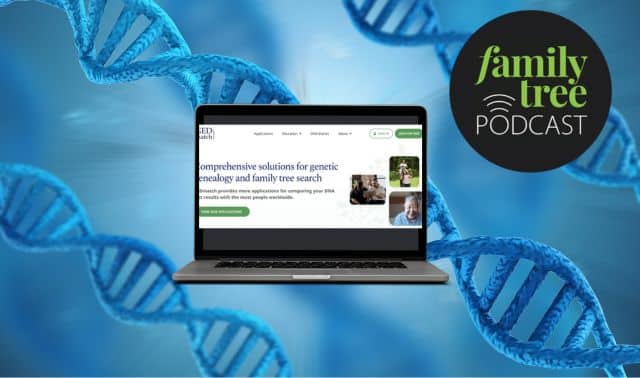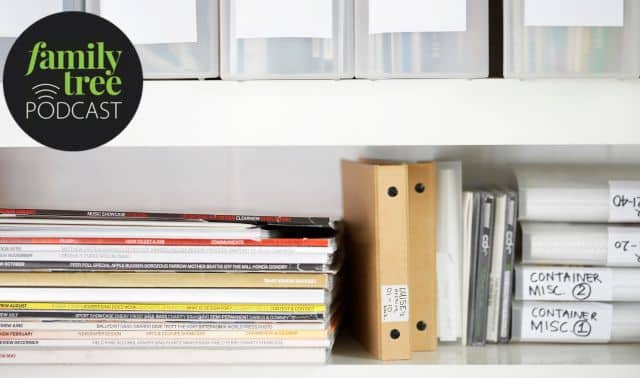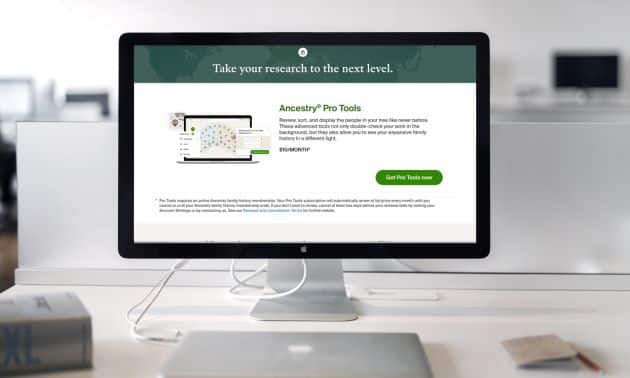Sign up for the Family Tree Newsletter Plus, you’ll receive our 10 Essential Genealogy Research Forms PDF as a special thank you!
Get Your Free Genealogy Forms
"*" indicates required fields

Get the key genealogy organization tricks to make 2019 your best year yet.
Ep. 128: January 2019
In this episode:
You’ll love all of the genealogy organization tricks and techniques contained in this podcast episode, designed to help you make 2019 your best year yet.
This Month in Family History
Editor Andrew Kock shares a brief history of Ellis Island
This month in 1892: Ellis Island opened its gates for the first time. Irish teenager Annie Moore became the first immigrant to pass through the port. Over the next 62 years, Ellis Island processed more than 12 million immigrants, making it the largest port of immigration in the country.
Ellis Island served as a replacement to Castle Garden, which had been used by the New York State government to process immigrants since 1855. The federal government recognized Castle Garden’s facilities were inadequate, and so set out to build a larger station to meet the demand.
Ellis Island closed in 1954. Now, the immigration center is a museum operated by the Liberty Ellis Foundation. Visitors to the museum can view the island’s facilities and learn about the immigration process, plus find records of their ancestors who stepped off ships in the island’s port. You can also search a database of Ellis Island passengers at LibertyEllisFoundation.org
Sources:
Ellis Island History
Huffington Post article
Castle Gardens
Get more tips for searching New York passenger lists.
Feature
Author, Family Tree University instructor, and genealogical researcher Gena Philibert-Ortega discusses why research logs matter, how they can keep you organized and why they aren’t as boring as you think!
Tools mentioned for research logs:
DNA Deconstructed
Randy Majors walks us through his website U.S. County Boundary Maps.
Family Tree University instructor Shannon Combs-Bennett guides you on how to simplify and organize your DNA test results. Organizing your DNA results really is not complicated. Just like all other forms of organization for genealogy research, it simply takes time, patience, and the commitment to keep it up.
It helps to understand that being organized will help you with your analysis and keep you on track for your DNA research goals. Most of you will want to organize and track the same types of items. For example:
- Testing information
- Matches
- Contact information
Your project — or what you want to do with the DNA results you are collecting — will determine how you store it. Spreadsheets are not the only tool you can use, but Shannon finds them essential to her research. She keeps them online when she’s working on a project with other researchers.
Best Genealogy Websites
Genealogy Gophers was started by folks who wanted to make family history easier, faster, and FUN! The site features a unique interface that searches the 80,000+ digitized books at FamilySearch.
Founder Dallan Quass is the principal developer of GenGophers.com, WeRelate.org, and most recently RootsFinder.com. Prior to writing family history software, he was a co-founder of WhizBang! Labs, FlipDog.com (acquired by Monster.com), and Junglee (acquired by Amazon.com). He has a Ph.D. in computer science from Stanford University and B.S. and M.S. degrees from Brigham Young University.
Stories from the Stacks
In this segment of this month’s podcast, you’ll hear all about the collections housed in the Mid-Continent Public Library’s Midwest Genealogy Center. Cheryl A. Lang, MLS, Midwest Genealogy Center Manager, gives you some great tips for what to expect when you visit.
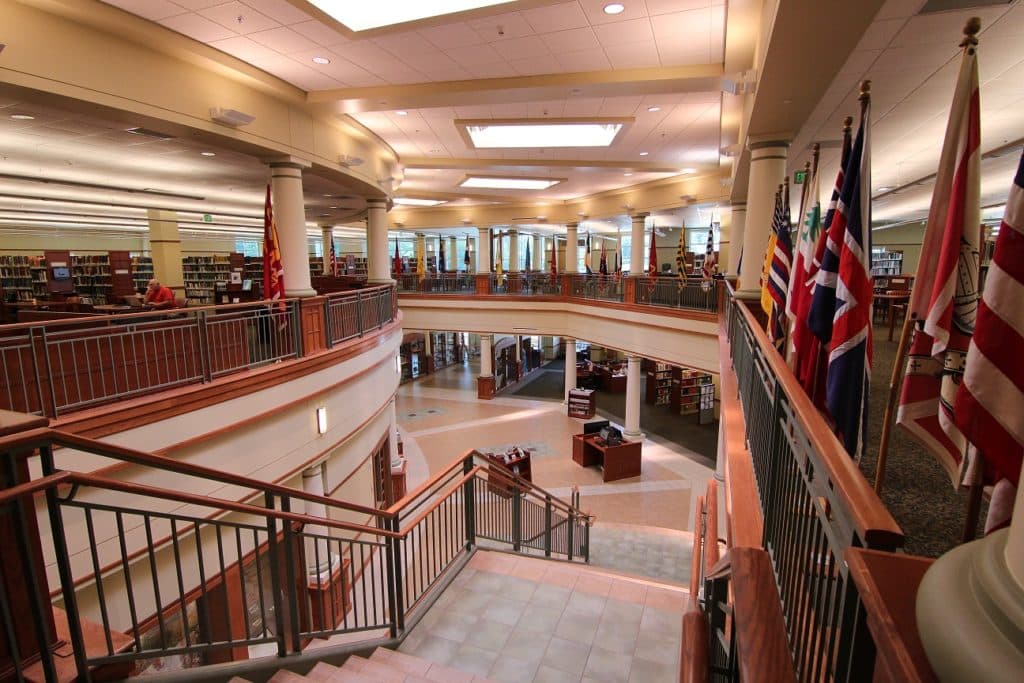
Mid-Continent Public Library
3440 S. Lee’s Summit Road
Independence, MO 64055
816.252.7228
http://midwestgenealogycenter.org
Highlights:
- 50,000 sq. ft facility
- Free standing branch of the Mid-Continent Public Library
- 200,000 books, 10% of which can be checked out through inter-library loan.
- Collections include city directories, microfilm, microfiche and books that cannot be digitized due to copyright, international resources, and a vast collection of Kentucky tax list records.
- Free classes onsite
Tips:
- Start online with the catalogue
- Make a list of counties and surnames and search for them in the catalogue
- Prioritize items that can only be accessed in person.
This Just In
Vanessa Wieland discusses the upcoming Family Tree University course Tricks to Tell Your Ancestor’s Story, instructed by Nancy Hendrickson.
Your Host: Lisa Louise Cooke
Listen to Lisa Louise Cooke’s Genealogy Gems and Genealogy: Family History Made Easy podcasts in iTunes and visit her website for great research ideas, podcast episodes and videos.
Have fun climbing your family tree!
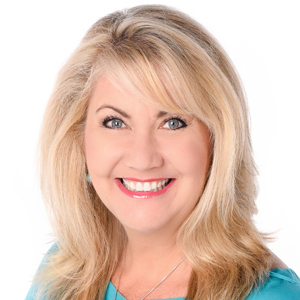
ADVERTISEMENT

